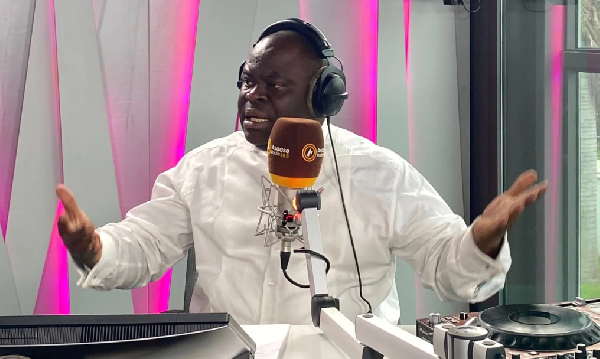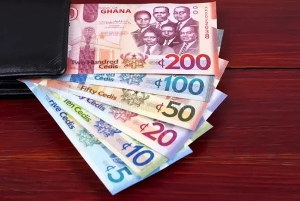Inflation falling, but risks still loom - BoG Governor
Governor of the Bank of Ghana (BoG), Dr Johnson Asiama
Governor of the Bank of Ghana (BoG), Dr Johnson Pandit Asiama, has stated that despite the country’s progress in curbing price pressures, risks still remain.
Speaking at a roundtable session during the 2025 African Development Bank (AfDB) Annual Meetings in Abidjan, Côte d’Ivoire, Dr Asiama explained that the BoG's decision to maintain the policy rate at 28% is aimed at consolidating recent gains in disinflation and sustaining investor confidence in Ghana’s macroeconomic environment.
“This decision was grounded in a clear and focused objective: to consolidate the gains in disinflation while maintaining confidence in Ghana’s macroeconomic framework,” he said.
According to the Governor, inflation has steadily declined from 23.8% at the end of 2024 to 21.2% in April 2025, indicating that the country is making progress in curbing price pressures.
However, he cautioned that risks remain, including food supply constraints and global commodity price volatility.
“Our approach is forward-looking but cautious. The current tight monetary stance will be maintained until inflation expectations are fully re-anchored and headline inflation returns sustainably to our medium-term target of eight plus two percent,” Dr Asiama noted.
He also highlighted ongoing reforms to enhance liquidity management, stating that the central bank is shifting away from passive tools like the unremunerated Cash Reserve Ratio toward a more proactive Open Market Operations (OMO) framework.
Cedi Appreciation Based on Strong Fundamentals
Addressing concerns about the recent sharp appreciation of the Ghanaian cedi, Dr. Asiama said the currency’s strength is well-founded and reflects underlying economic improvements.
“As of May 20, 2025, the Ghana cedi has appreciated by 21.5% year-to-date, a remarkable turnaround from the 19.2% depreciation recorded in 2024.
“This appreciation is not speculative, not artificial, and not temporary. It is grounded in fundamentals,” he said.
He attributed the cedi’s performance to several key factors including strong foreign exchange inflows from gold exports, the Gold-for-Reserves programme, which has allowed the BoG to build reserves while easing pressure on the FX market and net international reserves, which are now standing at a robust US$10.67 billion.
“Even as we remain vigilant, we believe the cedi is entering a new phase of anchored stability. Global risks like a stronger U.S. dollar or a fall in gold prices could pose challenges, but Ghana’s domestic policy stance is strong enough to absorb those shocks,” Dr. Asiama stated.
ID/EB
Watch the latest edition of BizTech below:













